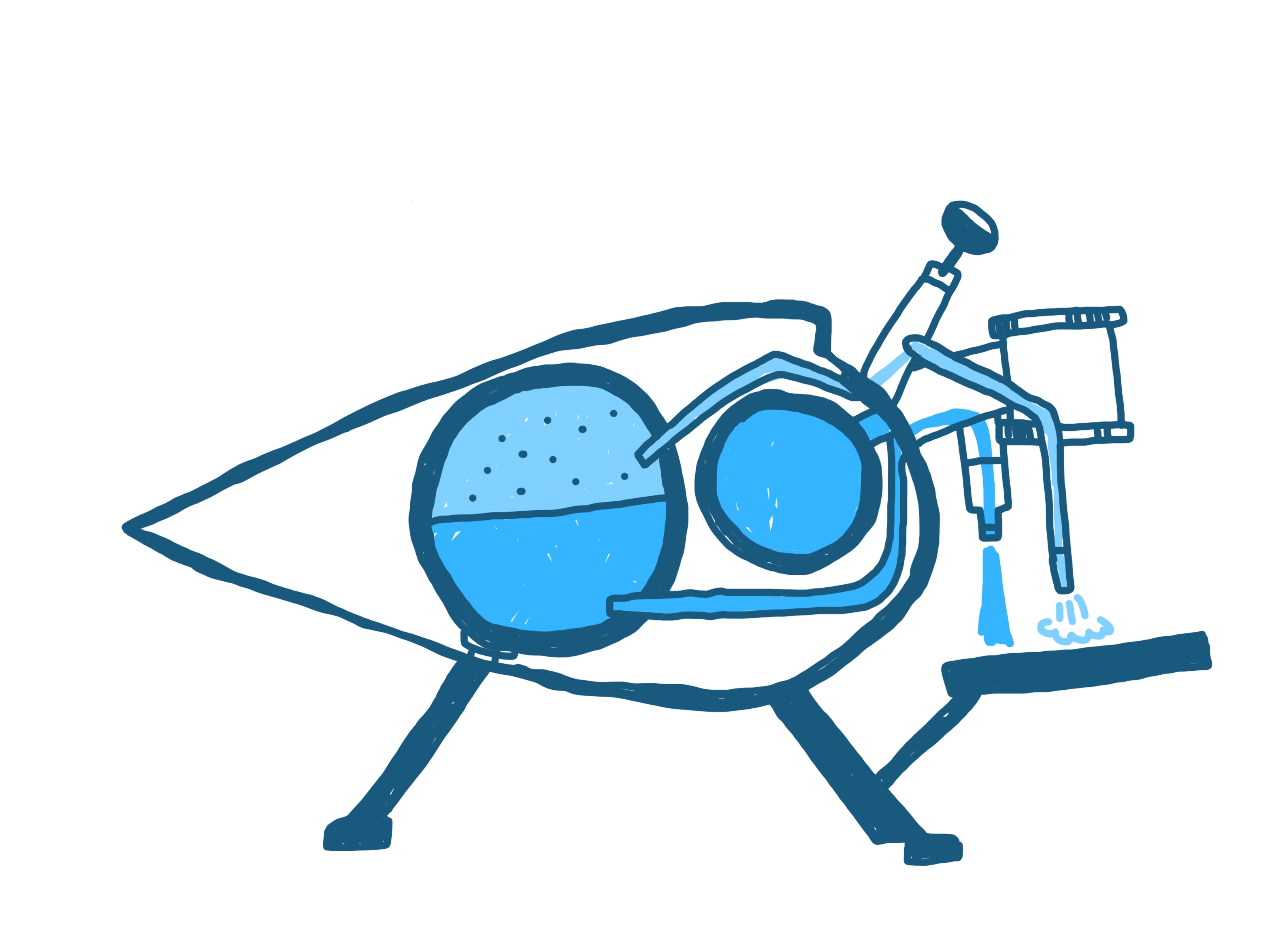Where does Your Bypass Water Come From?
The mineral content of your bypass water will also have an effect on your long blacks and americanos. The full extent of this interaction is outside the scope of this course, but generally, the more alkaline your bypass water, the lower the perceived acidity will be in your coffee.
From a flavour perspective, steam boiler water usually has more minerals in it than brew water, tending towards the effect of muting acidity in espresso. This higher mineral content occurs because the minerals in the steam boiler water concentrate over time as the steam wand valve is opened. For this reason, machine manufacturers usually ensure brew water does not come directly from the steam boiler.
There are two main build types of modern espresso machines. One system is called a multi-boiler machine. Espresso machines like this will have at least one separate boiler which is smaller than the steam boiler and is used just for heating and stabilising the temperature of brew water. The other system is the heat exchanger. With this design, brew water travels through narrow pipes that dip into the pressurised water of the steam boiler (usually around 120°C) which heats the fresh water but never mixes with it.

A multi-boiler machine. Notice the steam boiler on the left is not full of water, it has a ‘head of steam’
We will resist the urge to dive deep into water chemistry in this course and save that for the future. But for machine safety and maintenance, here is a footnote which should be helpful:
To keep your brew water tasty and safe from corrosion or scale forming potential: try this great Android app Water Geek which can give you a prediction of how many milligrams of scale will precipitate each month in your brew boilers and steam boilers. If you are not an Android user, La Marzocco has a helpful water calculator. These apps get you a prediction of how scale forming or corrosive your water will be by interpreting your Carbonate Hardness (KH),